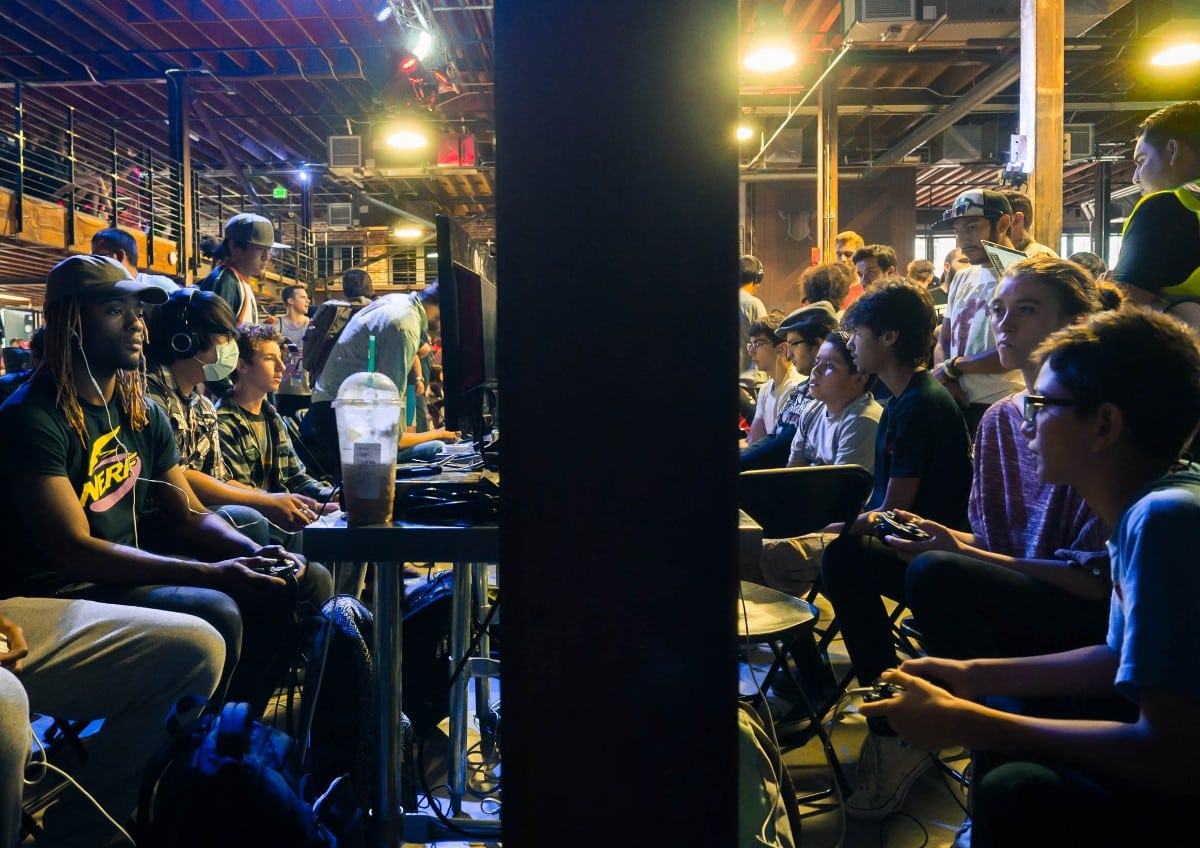 Photo courtesy of Tobechi Ugwumba on Flickr
Photo courtesy of Tobechi Ugwumba on Flickr
Military Academy E-Sports Teams
By Adam Siegel
Former Deputy Secretary of Defense Robert Work is on a mission: to get the U.S. government and those concerned about U.S. national security to realize the significance of Chinese Artificial Intelligence (AI) strategic objectives and investment. Work has called the 2017 PRC announced plan for AI superiority by 2030 a “Sputnik Moment”. This was core to his presentation and discussion at the Center for New American Security annual conference on “Strategic Competition”.
In comments during the Artificial Intelligence breakout session (video here), Work emphasized the importance of leveraging artificial intelligence for military advantage as he commented about the importance of skill sets– like coding and computer gaming.
Extrapolating from Secretary Work’s comments, computer gaming has become a critical skill set to support U.S. national security. We’re not talking about 20th century’s Pong or killing time playing Minesweeper that came with your Microsoft operating system— computer gaming is leveraging the acceleration of IT for evermore extensive and rich immersive experiences.
With over three billion viewers, the World Cup is one of the most watched sporting events. Rapidly gaining on it—e-sports. As an example, “About 27 million people watched the 2014 League of Legends World Championship finals, which is more than the 23.5 million that tuned in to catch Game 7 of that year’s World Series.” Major sports franchises are bringing e-sports teams into their portfolios, as are universities.
Consider what is going on with these e-sports teams. While gaming once epitomized groups of teenage boys hiding in their rooms, binging on warm coke and cold pizza, a la WarGames, e-sports’ professionalization is bringing modern science for human optimization in the human-system interface.
Specialized training facilities include nutritionists, specialized athletic trainers, coaches, exercise spaces, and high-end equipment as competition ramps up in what is already a multi-billion dollar business space.
Consider for a moment this question: Is e-sports competition athletic competition? Do you think that frantic thumb movement puts one in the category of a golfer or a basketball forward? From those closest to e-sports might come a surprising answer.
Happy Walters of Catalyst Sports & Media and Chad Faulkner of Sports Academy would answer in the affirmative and tell you that not only are e-sports players athletes, but they deserve a training regimen crafted specifically for their needs — a strong core, perfect posture, hand-eye coordination, and strong forearms, hands, wrists and fingers. Additionally, professional gamers should be training with cardiovascular exercises, focusing on nutrition and health.
E-sports’ professionalization includes physical exercise, training programs designed to optimize human performance over long (often multi-day) competitions, nutritional and dietary guidance to reduce basic digestive needs’ interference with gaming, and mental training. It can also involve serious monitoring in training and competitions, in order to enable learning and performance enhancement, leveraging ‘Big Data’ and (AI) analysis of that data.
The e-sports gaming environment is similar to the environment of Navy personnel on duty in combat information centers (CIC) aboard ships during combat, as it is similar to scenes of Air Force personnel controlling combat sorties from an AWACS. Considering the similarities, e-sports— and the training regimes necessary to optimize capabilities— seem to have direct parallels with some military operational requirements.
When taking into consideration Secretary Work’s comments on the importance of gaming and what is actually happening with e-sports, a serious question arises: When it comes to preparing for 21st century warfare, are e-sports (capabilities and training) more relevant than the ability to play football? Maybe, in the search to optimize military capacity, the nation’s military academies should start recruiting for and competing in e-sports. Perhaps, as we take on China’s AI challenge and embrace AI’s importance for military capability along with the need to optimize the human-machine system interface and collaboration, the 2030 version of the Commander’s Cup will be awarded to the Academy that dominates in the virtual world.





